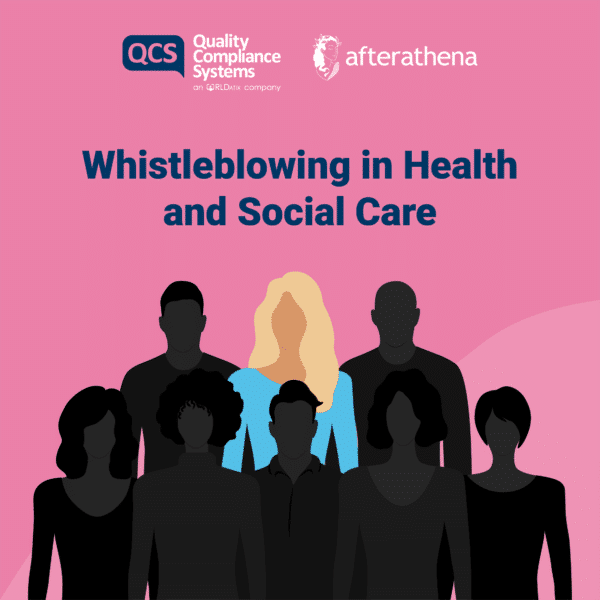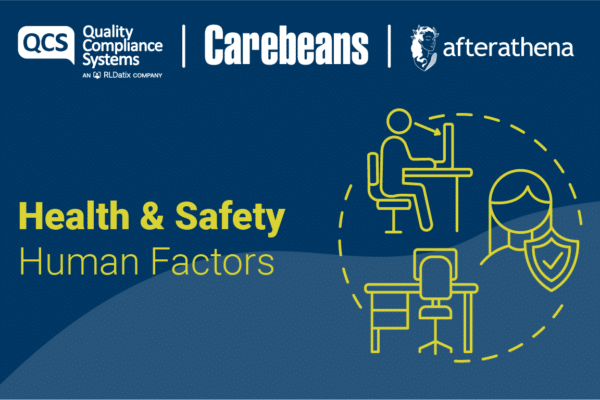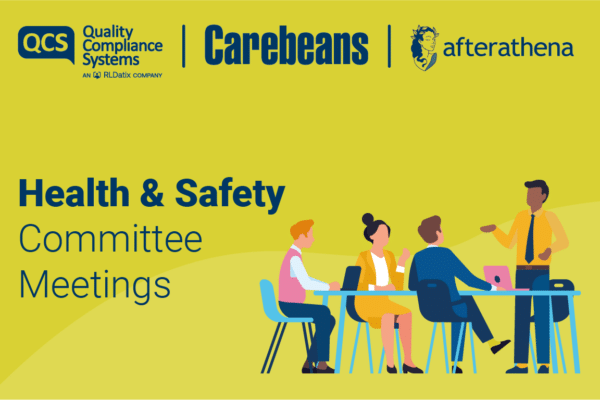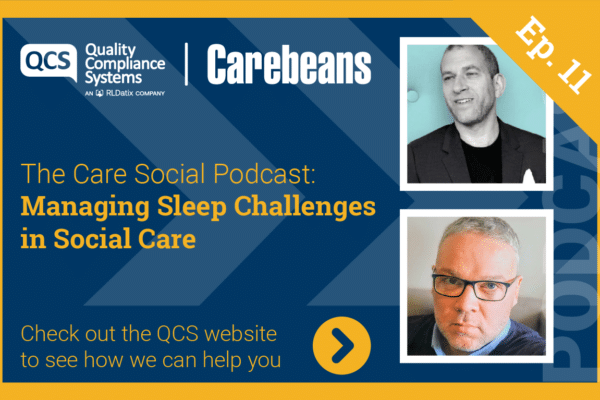What is whistleblowing?
Whistleblowing provides workers with the right to disclose information about wrongdoing within their workplace, without facing repercussions.
Whistleblowing is particularly important in the health and social care sector, where the wellbeing of vulnerable individuals is at stake, as it maintains safety, quality and accountability.
Legal Rights and Protections
The Employment Right Act (ERA) 1996 provides protections for whistleblowers. Under the ERA, workers should not suffer a detriment consequence or dismissal for raising concerns about their employer’s conduct.
In the context of the health and social care sector, examples of whistleblowing may include, but are not limited to:
- Concerns about a patient’s safety
- Poor clinical practice
- Failure to properly safeguard patients and service users
- Inadequate administration of medicines
- Unsafe working conditions
- Bullying in the workplace
Closed cultures
Due to the nature of the health and social care sector, it is often susceptible to adopting a closed culture. Closed cultures are generally working environments in which dissent is discouraged or suppressed. This in turn increases the risk of harm, including abuse and human rights breaches.
Closed cultures within the health and social care sector subsequently pose a significant concern for whistleblowing, as employees may be afraid of raising a concern due to fear of encountering resistance, retaliation or victimisation.
To prevent a closed culture emerging in the workplace, an employer should promote openness and transparency, strengthening leadership and communication and empowering staff to speak up.
Best Practices to Address Whistleblowing Issues
Protect, the whistleblowing charity, have reported an overall increase of 25% last year in the number of whistleblowing queries they receive. Importantly, 30% of all calls related to the health and social care sector. The calls received by Protect regarding the health and social care sector saw a jump of 48% between 2022 and 2023.
Therefore, employers should therefore ensure they are able to comply with their whistleblowing obligations, in particular:
- Clear policies and procedures: Employees should have a robust whistleblowing policy in place which should outline procedures for reporting, confidentiality and protection against retaliation. If an employer does not have a whistleblowing policy in place, they are best advised to adopt one as soon as possible.
- Training: Regular training sessions can educate staff about their rights and responsibilities in respect of whistleblowing and will help to reduce the stigma associated with reporting, reducing the risk of closed cultures.
- Responsible Handing: Employers should handle all complaints fairly and consistently, which means promptly investigating the disclosure, following the whistleblowing policy, maintaining confidentiality and taking appropriate action.
Conclusion
Being more alert to whistleblowing and closed cultures by creating an open and supportive environment for employees will in turn generate a safer, more transparent health and social care system.






